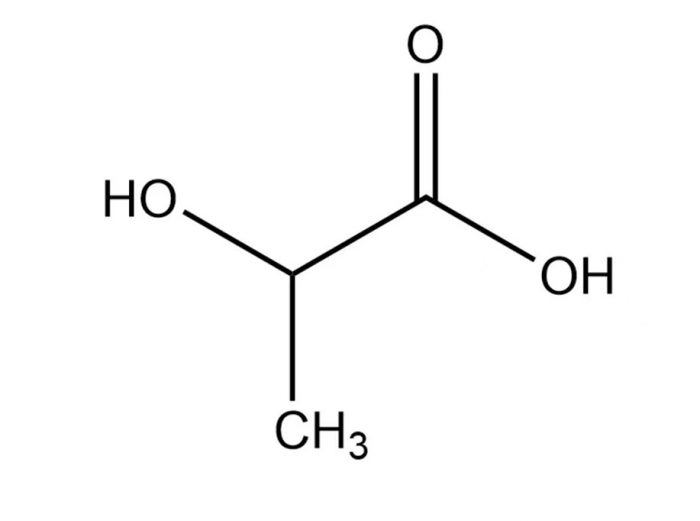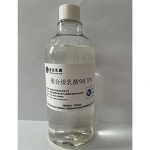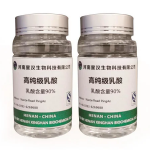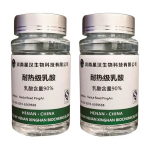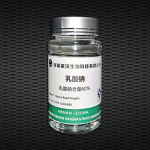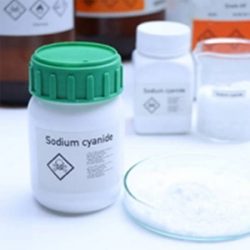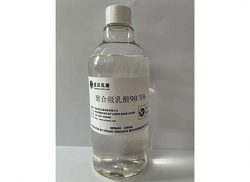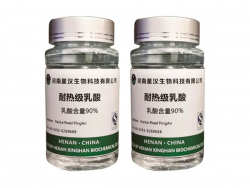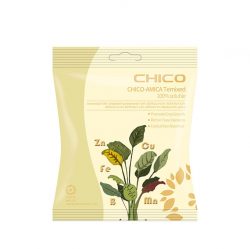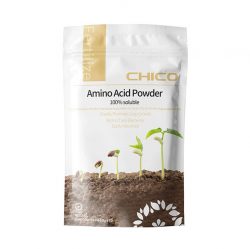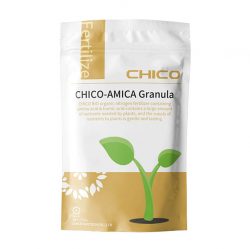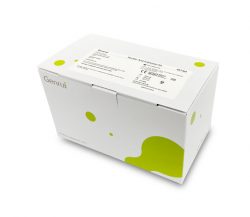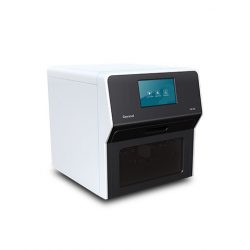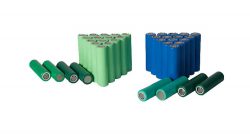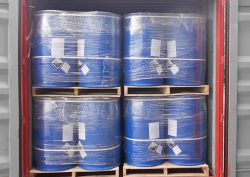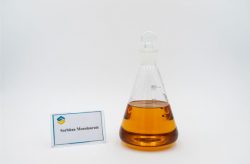Lactic Acid
The company is mainly engaged in harvesting, storage and comprehensive utilization of crop straw; research and development of biomass energy and biomass materials; production and sales of starch sugar, food additive lactic acid, sodium lactate, calcium lactate.ethyl lactate. compound food additives. feed acidifier, feed calcium additives, organic fertilizers gypsum powder and gypsum products; R&D, production and sales of polvlactic acid(PLA).The products are mainly used in food, medicine, biodearadable plastics and other fields.
Types of Liquid Lactic Acid
01
L-Lactic Acid
Lactic acid is divided into L-type (79-33-4); Type D (10326-41-7); DL type (50-21-5), with an asymmetric carbon atom in the molecule and optical activity, has two optical isomers of L-lactic acid and D-lactic acid. There are fermentation and chemical synthesis methods to produce lactic acid in industry. At present, L-lactic acid is mainly produced by fermentation at home and abroad; The law of chemical synthesis generates racemic lactic acid, namely DL-lactic acid. Because there are only enzymes that metabolize L-lactic acid in the human body, if excessive D-lactic acid is ingested, it will cause metabolic disorder and even acidosis. Therefore, L-lactic acid is needed as raw material in the food industry, or in the manufacture of lactic acid esters and polylactic acid for medical applications.
L-Lactic Acid Types
02
Sodium Lactate
Sodium lactate is a chemical substance with the molecular formula of C3H5O3Na. A colorless or almost colorless transparent liquid with a molecular weight of 112.06, which can be dissolved with water, ethanol and glycerol. It can be used for food preservation, moisture preservation, fragrance enhancement and pharmaceutical raw materials, as well as medicine to relieve acidosis of students due to diarrhea, dehydration, diabetes, nephritis and other diseases. It is also used as seasoning, plasticizer of casein plastics, antifreeze, humectant, substitute of glycerin, and corrosion inhibitor of alcohol antifreeze.
Sodium Lactate Types
Henan Xinghan Biotechnology Co., Ltd. is a high-tech enterprise integrating deep processing of agricultural products, biological fermentation and biological manufacturing. Relying on technological advantages and industrial agglomeration, the company invests 2.5 billion yuan to build a 200,000 tons/year high-light pure polymerization grade L-lactic acid project in 2021, which will become an important domestic production base of biodegradable raw materials high-light pure polymerization grade L-lactic acid. Welcome your visit, we will give you the best products, the lowest price, looking forward to working with you.
Benefits of Liquid Lactic Acid For Skin
Liquid Lactic Acid helps called exfoliation. Lactic acid speeds up cell turnover and stimulates cell renewal.
Liquid Lactic Acid helps to dissolve the plug of skin cells that build up around the hair follicle, smoothing out the bumpiness.
Liquid Lactic Acid can help to fade sun spots or age spots and can smooth and soften fine lines and wrinkles.
It helps to improve the skin’s natural moisture factor or the way the skin keeps itself hydrated.
How to Use Liquid Lactic Acid in Skin Care?
It can create real change in the skin if used regularly.
It’s one of the more gentle hydroxy acids used in skin care. All alpha hydroxy acids exfoliate and improve skin texture, but lactic acid has an extra benefit you won’t get from other AHAs, like glycolic acid and mandelic acid. When you use lactic acid regularly, it can also improve signs of aging. It does so by stimulating the renewal of collagen, a fiber that helps to keep the skin firm. Lactic acid is an alpha hydroxy acid that is used on the skin to remove dead skin cells and help fade dark spots and soften fine lines. Start off with a low-strength product, especially if you have sensitive skin. And be sure to also use sunscreen, as lactic acid makes your skin more prone to sunburn.
